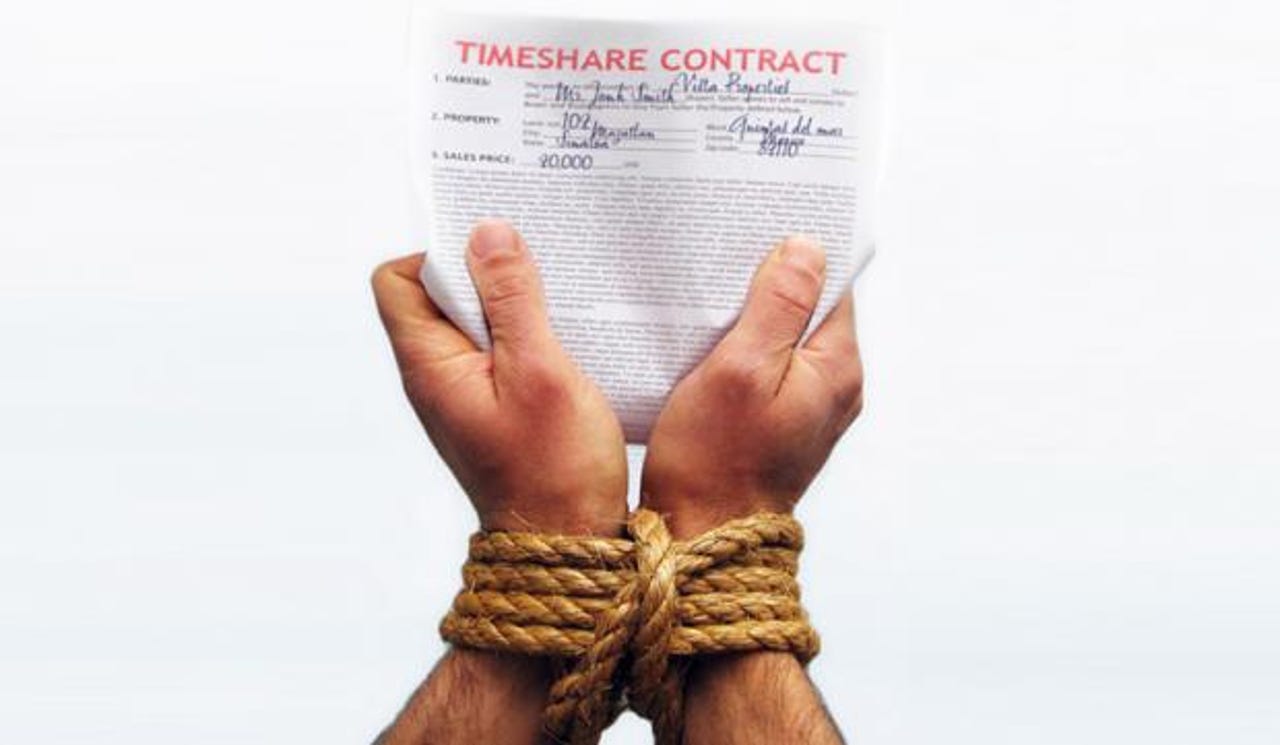Have I got a deal for you!


Enterprise software fashions marketing drives are in full swing right now, with vendor sales kick off design and training being tested on prospects. This year is particularly interesting because Software as a Service (SaaS) is now very much a part of virtually all offerings, with very different instant seat license buying possibilities and immediate access to technology infrastructure.
The term 'social' in relation to digital technology has gone through an interesting arc to reach the present widely understood - if superficial - understanding. In many ways this is the year the old guard IT vendors have succeeded in absorbing the promise and technological aspects of their challengers. The grass roots revolution of the digital working classes - the cube dwellers who rose up to use 'shadow IT' Enterprise 2.0 technologies because their provisioned software was too rigid and inflexible to capture 'social' tacit knowledge - has now been co-opted by software sales marketers and used to sell new features of their old stacks.
Where we are today is aggressive selling of the promise of greater collaboration and connectivity between all parties, which can supposedly be unlocked simply by installing vendor software. The symbiotic relationship between analysts and these vendors in large part shapes the seasonal modeling of this sales promise, along with various positive academic report observations formed by exposure to how various companies claim they work. The parallel inside advising of IT vendors along with reports marketed to end users grading IT vendors by analyst firms form the yin and yang of this seasons definition of 'social' and usually shapes the boundaries of understanding for those taking an objective, unexperienced view.
Despite the reality that most large companies tend to employ conformist people who are adept at living in and climbing hierarchies by learning sophisticated internal politicking, great value is currently placed on finding and unlocking 'innovation' from these same folks through deployment of new technologies. In our brave new world of always-on digital devices which are accessible anywhere on the planet, goes the reasoning, everyone can play their part in feeding the data crunching epicenter of the enterprise to design better products and services, including customers and prospects.
Security thinking like the World War two American English propaganda idiom Loose lips sink ships (meaning "beware of unguarded talk") has no place in this current fashions, where the Harvard Business Review now regularly features 'Ten best ways to…' and 'How to' posts on designing complex modern businesses, usually written by people who have never actually done it.
Collaboration by definition requires willing participation, and no amount of enabling technology infrastructure will change that reality. Advocating greater participation and transparency is easy to talk about but hard to do. With software as a Service HR cloud technology company Workday executing a highly successful IPO the SaaS rose is blooming, even though Workday aren't yet profitable. (The logic goes that SaaS is slow to build out infrastructure but once it's ready the scaling will be epic on strong foundations and the profits will quickly build up: Workday have built that infrastructure and are arguably a generation ahead of their competition.
What these sales pitches often remind me of is holiday timeshare sales: the promise of an easy, convenient investment in your future that will leave you ahead of the game over time. Actually getting users to participate is understandably very low in the sales pitch, with the shining star of the digital social world attracting users like moths to a flame on their shiny new devices being the preferred schtick. Like fractional holiday ownership sales, some multi tenant cloud vendors are very sales heavy - think fremium software models equalling low cost stays in resorts which aggressively attempt to upsell timeshare ownership. There are plenty of great Software as a Service vendors and lots of terrific fractional holiday home ownership deals out there, but in both cases Caveat Tempor: buyer beware.
The challenge right now is that there's way to much check the box thinking around software purchase buying decisions - just like the old enterprise selling models, ideas are simplified, demystified and homogenized into 'the way we all do business' thinking by big software vendors so they can sell the same packages to everyone. (There's inevitably a lucrative integration and professional services model to then tailor the square peg to fit the strategic round hole when the buyer attempts to actually use it).
This is worth thinking about if you're currently evaluating social software packages - innovation equals thinking differently for competitive advantage, not buying generic infrastructure. Understanding the working culture of your company and the dynamics of your customer and prospects is vastly more important than deciding which software you're going to invite them to interact in, and thinking through how you want people to behave individually an collectively is the most important part of that.